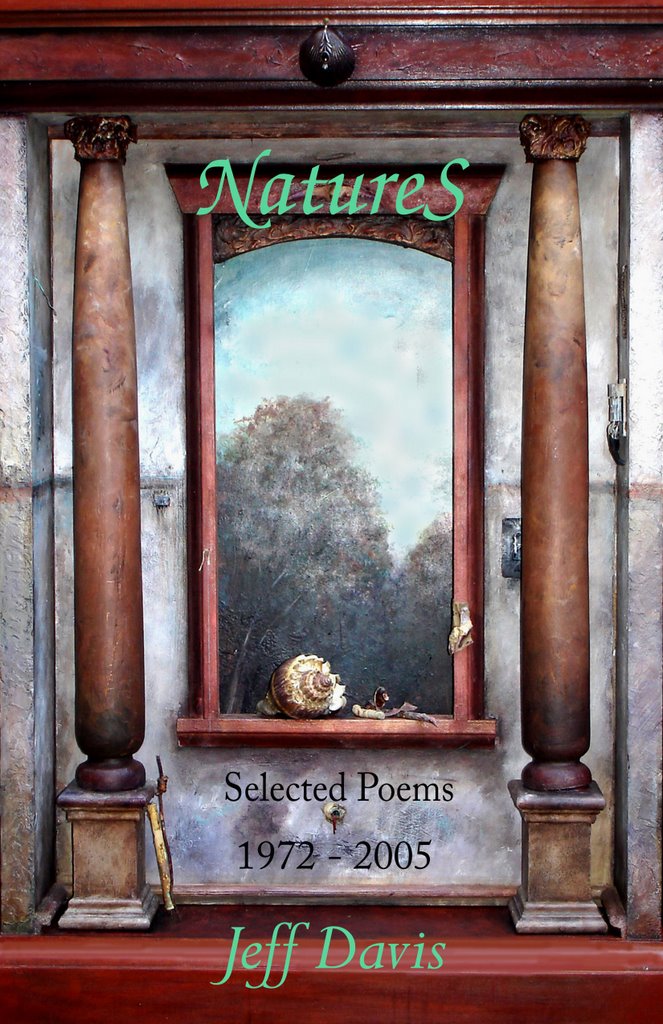An Old Song ...

I've written a hundred versions of:
Bird On a Briar
[Camb. King's Coll. MS Muniment Roll 2 W. 32r]
Bryd one brere, brid, brid one brere,
Kynd is come of love, love to crave
Blythful biryd, on me thu rewe
Or greyth, lef, greith thu me my grave.
Hic am so blithe, so bryhit, brid on brere,
Quan I se that hende in halle:
Yhe is whit of lime, loveli, trewe
Yhe is fayr and flur of alle.
Mikte ic hire at wille haven,
Stedefast of love, loveli, trewe,
Of mi sorwe yhe may me saven
Ioye and blisse were were me newe.
Transl.
Bird on a briar, bird on a briar,
(Man)kind is come of love, love thus craves.
Blissful bird, have pity on me,
Or dig, love, dig thou for me my grave.
I am so blithe, so bright, bird on briar,
When I see that handmaid in the hall:
She is white of limb, lovely, true,
She is fair and flower of all.
Might I her at my will have,
Steadfast of love, lovely, true,
From my sorrow she may me save
Joy and bliss would wear me new (i.e., me renew).
Notes:
On the face of it, this is a song of a man to a bird,
begging for a sympathetic ear for a man hopelessly in love;
on another level, bryd has the double meaning,
of "burde", as in a young woman — when this would be sung
in the hall, she might recognize herself, and take pity.
The third level is "Brid" as St. Bride, or St. Brighid,
the fair one. In any case, the song is among the first
(extant) English love lyrics.
The whole site's a real trove of medieval goodies - the page linked in the song title, for instance, also has an audio file of this lament. Check it, as they say, out.
~~~~~~~~~~~~~~~~~~~~~~~~~~~~~~~~~~~~~~~~~~~~
The image of minstrels at work is from the site as well. Its caption: "Minstrels with a Rebec & a Lute.
13th c. Manasseh Codex. El Escorial, Madrid."
Labels: lyric

0 Comments:
Post a Comment
<< Home